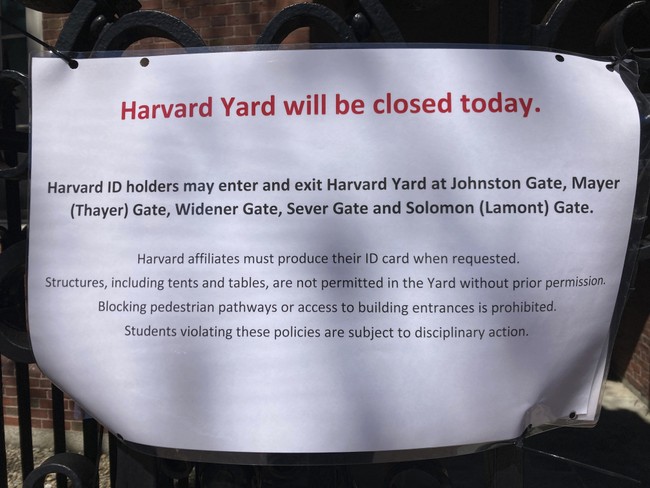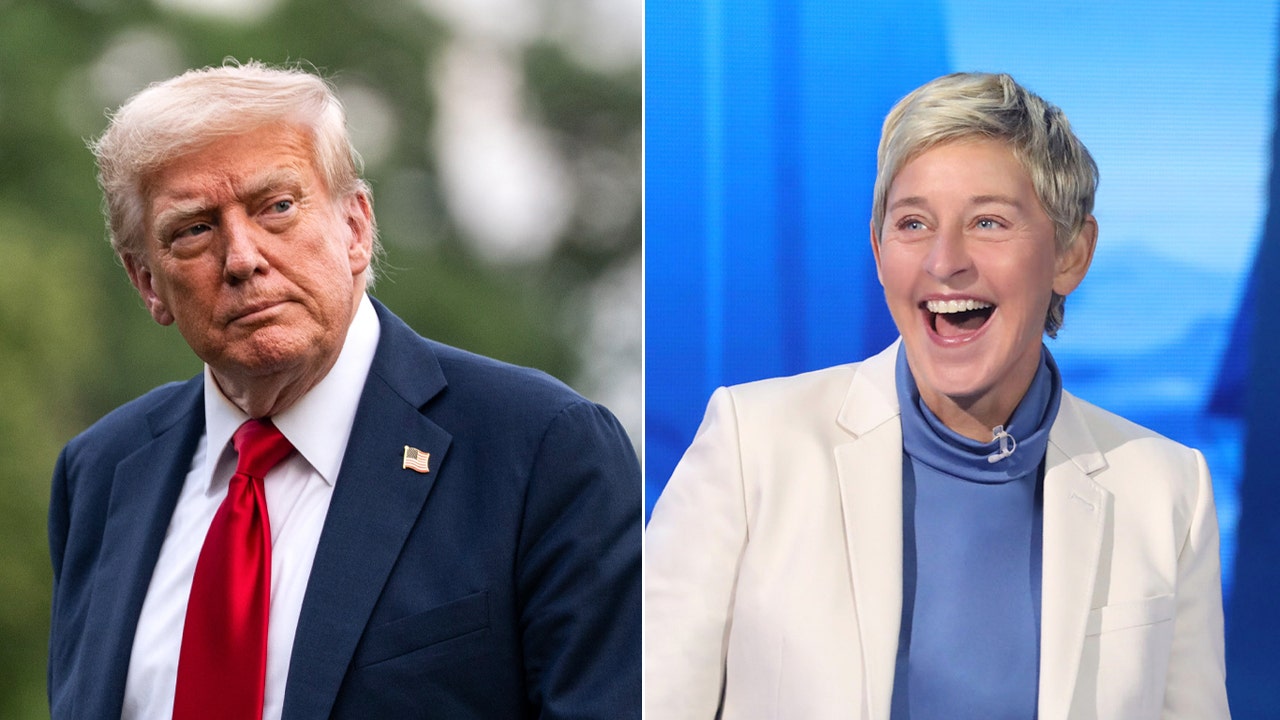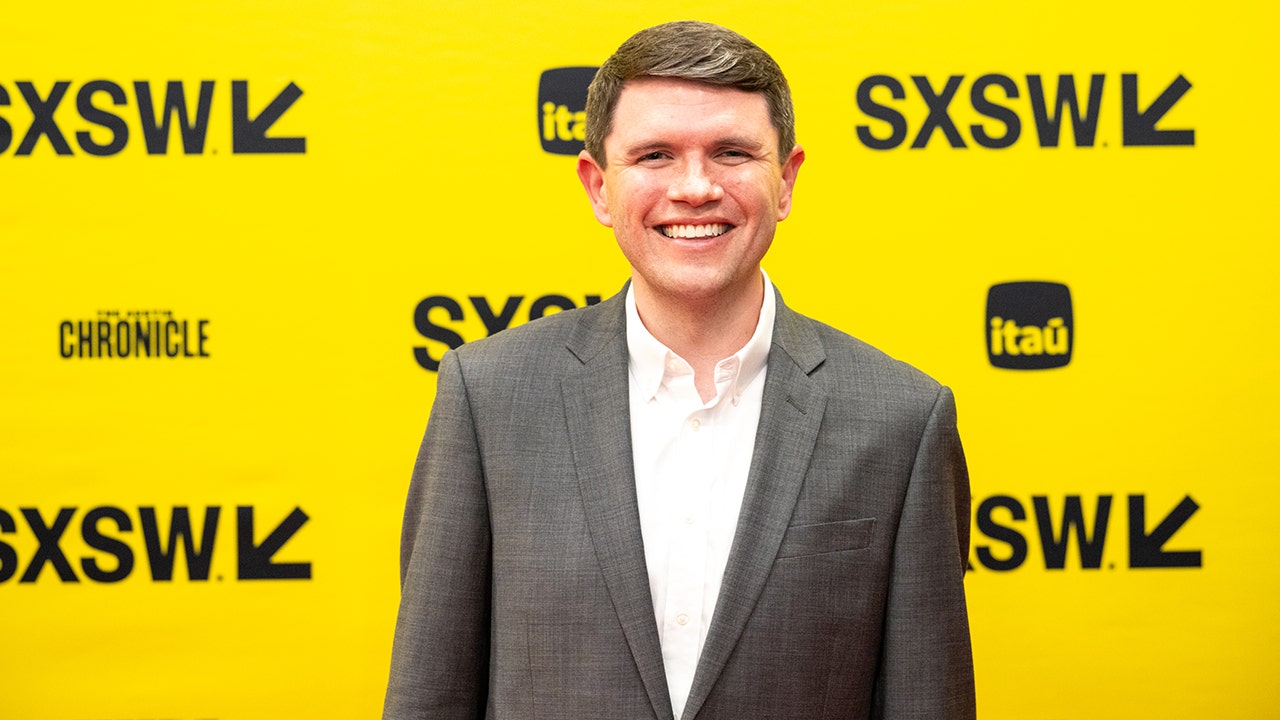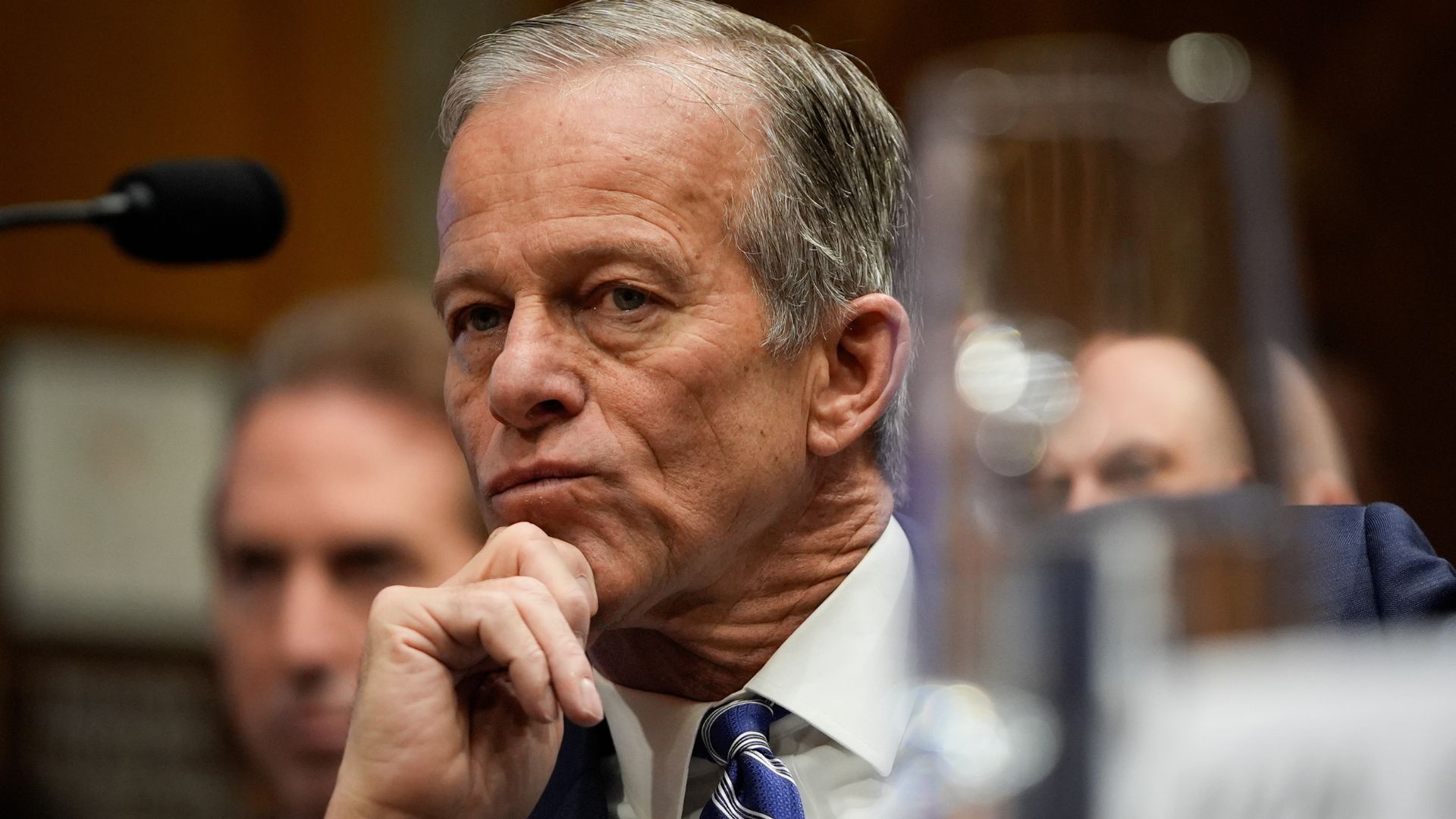Well, go figure. When you have a couch that contains $53 billion-plus, it’s not too difficult to find a few million between the cushions.
Amusingly, Harvard hasn’t yet realized the implications of their latest chessboard move in their match against the Trump administration:
Harvard University is dedicating $250 million of its own funds to support researchers after U.S. President Donald Trump’s administration froze nearly $3 billion in federal grants and contracts in recent weeks, the university announced on Wednesday. …
The statement said Harvard “cannot absorb the entire cost” of the frozen grants, which the Trump administration says are worth more than $2.6 billion. The school said it was working with researchers to help them find alternative funding.
“The impact of such steps on the nation’s scientific research enterprise could be severe and lasting,” the statement said.
First off, that last statement assumes facts not in evidence. Just because Harvard doesn’t get a research grant doesn’t mean another university would not get it. If the research is necessary, and not some kind of gender-identity sociology project, it would almost certainly get funded at a school that abides by Title VI and Title IX and doesn’t discriminate on the basis of race, as Harvard does and continues to do.
That’s why the impact on “the nation’s scientific research enterprise” would probably be negligible. It’s the impact on Harvard’s establishment and standing that would be “severe and lasting.” And that’s why Harvard is now ponying up $250 million of its own revenue to fund it.
And that brings us to the absurdity of Harvard’s lawsuit and political argument that they are entitled to federal funds as a matter of “independence.” Only Ivy League administrators could define independence as reliant on subsidies from the government. Now we find out that Harvard can fund their own operations absent federal funding, in part by adjusting the million-dollar compensation of its president and the administrators and faculty. That is how independent organizations actually work. They use their own revenue to set their operational priorities and adjust either their ambitions or their other operational commitments.
Harvard doesn’t want independence; they want impunity.
The Trump administration won’t back down just because Harvard is now operating independently. That’s especially true since the lesson appears to be finally sinking into Academia’s collective head:
The university joins a growing number of colleges moving to self-fund research as a way to compensate for at least some of the money lost to federal funding cuts.
Johns Hopkins University has started offering grants of up to $150,000 a year to faculty facing “unexpected federal research funding disruptions.” Northwestern University said it’s covering the cost of research projects that received stop-work orders from the federal government in April.
Congratulations on finally learning the correct definition of “independence,” Academia.
A parallel decision today regarding one of its medical-school researchers demonstrates that the White House plans to get tough on enforcement across the board. Ksenia Petrova has now been charged with smuggling after being detained for three months for bringing undeclared scientific specimens into the US, and faces prison time as well as deportation:
A search of her duffle bag allegedly uncovered a foam box containing clawed frog embryos in microcentrifuges, as well as embryonic samples in paraffin well stages and on mounted dyed slides, prosecutors said.
Petrova later allegedly admitted to carrying biological material but claimed she didn’t know she was required to declare it.
Text messages recovered from her phone showed that a colleague had told her she’d need to declare the goods, according to prosecutors.
“If you bring samples or antibody back, make sure you get the permission etc. Like that link I sent to leon-/group chat about frog embryos because TSA went through my bags at customs in Boston,” one text read, according to a criminal complaint.
After being warned, Petrova allegedly responded that she had no plan, and that “I won’t be able to swallow them.” That certainly would demonstrate an intent to violate laws prohibiting illegal and/or undeclared material coming into the country, particularly material that might present some risk to the environment. That charge carries a potential 20-year prison term, although it likely would be a much lower sentence given the circumstances. Petrova would likely get deported with time served and barred from re-entry for a considerable period.
The lesson here is clear: if you want federal subsidies and access to scholastic visas, play by the rules. If not, either do without or suffer the consequences.
Read the full article here









![CNN Host Blasts WSJ for Publishing Unverified Trump-Epstein Article [WATCH] CNN Host Blasts WSJ for Publishing Unverified Trump-Epstein Article [WATCH]](https://www.rvmnews.com/wp-content/uploads/2025/05/2025.05.25-12.29-rvmnews-68330d2f7b796.jpg)


